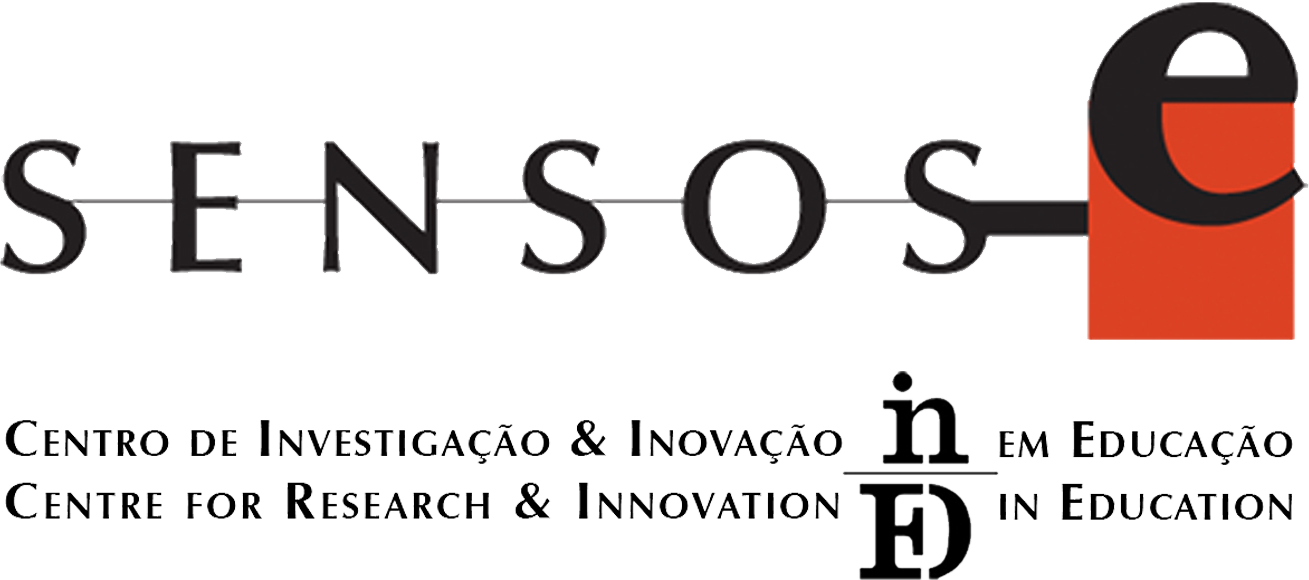COVID-19 and remote learning: A brief review of the literature
DOI:
https://doi.org/10.34630/sensose.v8i1.3777Keywords:
Remote teaching, COVID-19, Hybrid teaching, Distance learning, Pedagogical differentiation, EquityAbstract
This literature review identifies some remote learning practices and summarizes some of the most relevant advances in education research during the COVID-19 pandemic. It is based on the study of literature on topics such as: education in emergency situations; equity in access to education; distance learning; hybrid teaching; quality teaching and learning mediated by technology.
It mainly focuses on the review of studies carried out in the scope of basic and secondary education and aims to outline a clear perspective of the learning contexts experienced during the pandemic.
Although remote learning has never been experienced on such a large scale before, it has become possible to identify some good practices considering emerging literature, comments in academic media, information published in specialized journals, government documents and relevant organizations.
The study's main findings indicate that: successful remote teaching requires access to well-designed technology and learning environments; it is essential that teachers receive adequate support and professional training; the health and well-being of the educational community must be a priority and health literacy must be included in the curricula; there is a need for plans for physical and social re-engagement and for differentiated learning methods and strategies when returning to classrooms; school-community-family relations are strengthened in this context and can appear as an opportunity that should be seized.
Thus, it is expected that schools and educational agents can reflect on their responses and on how they can be better prepared for present and future situations.
Downloads
Published
How to Cite
Issue
Section
License
Copyright (c) 2020 Vitor Silva

This work is licensed under a Creative Commons Attribution-NonCommercial-ShareAlike 4.0 International License.



